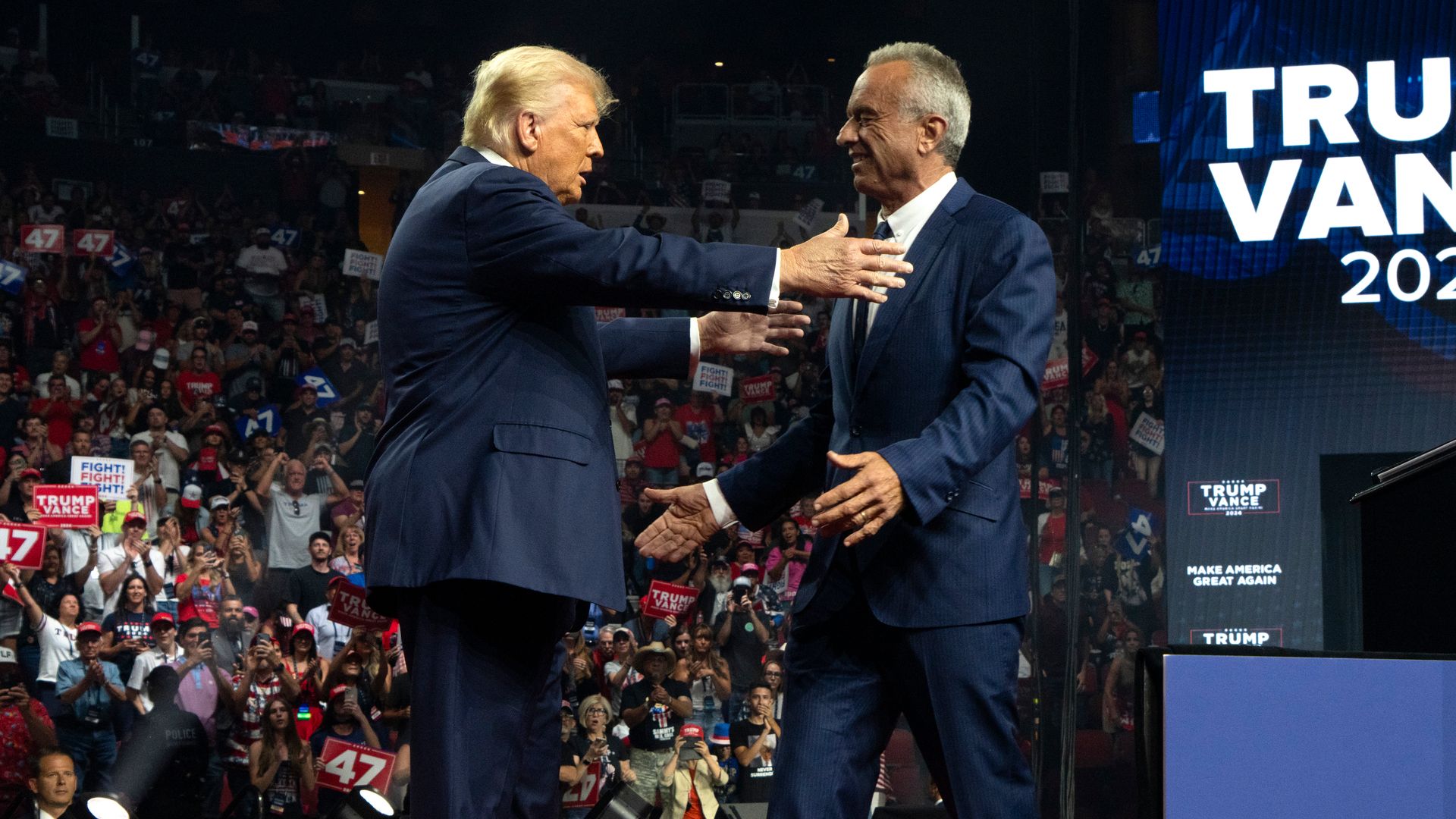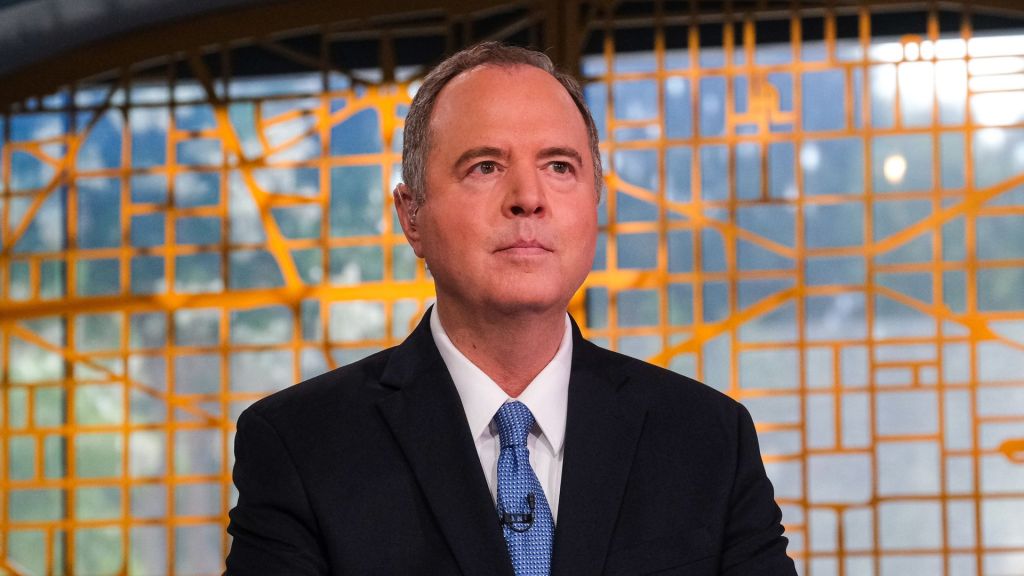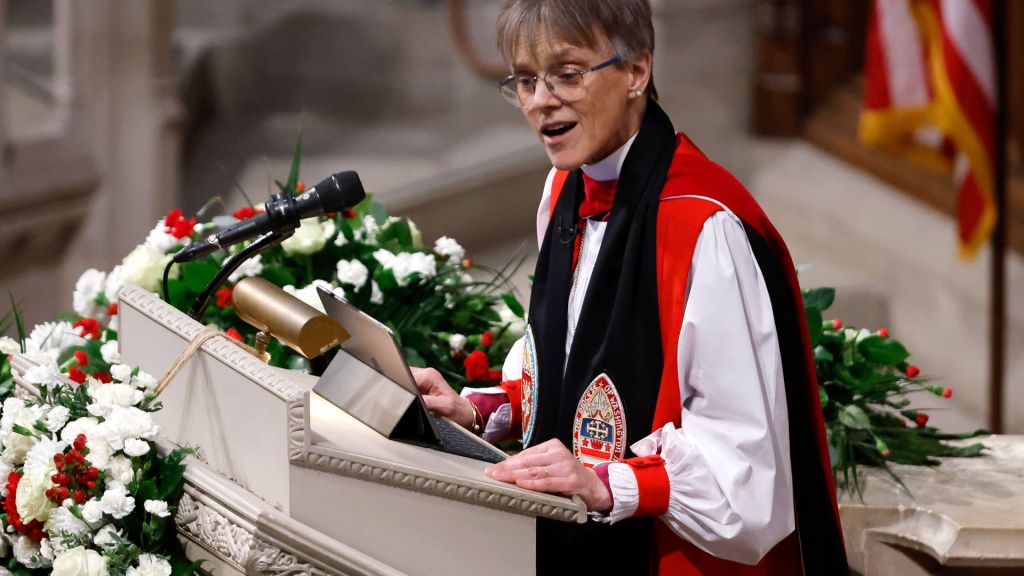
Is it illegal for a presidential candidate to offer someone a job for an endorsement?
[RAY BOGAN]
RFK Jr. dropped out of the presidential race and went all in for Trump and it’s already paying off. The New York Times reports Trump is making Kennedy and former Congresswoman Tulsi Gabbard honorary co-chairs of his presidential transition team, should he win in November.
In that role, Kennedy will help create the policies and hire the staff for a second Trump Administration. Kennedy denied that the endorsement was given in exchange for a cabinet post or other government position.
[Robert F. Kennedy Jr.]
“There’s been no commitments. You know I met with President Trump, with his family, with his close advisors and we just made a general commitment that we’re going to work together.”
[RAY BOGAN]
The Washington Post reported that Kennedy called both Trump and Vice President Harris before he dropped out. He talked to Trump about endorsing him and taking a job in the administration. Now Trump and Kennedy are being accused of breaking federal law.
Attorney Tristan Snell, who prosecuted the Trump University case posted on X – Oh, by the way, it is a FEDERAL CRIME to promise a post in an administration in exchange for a candidate endorsement.
So of course convicted felon Donald Trump got RFK Jr. to endorse him.
X user Mark Leventhal also said it was illegal and cited 18 U.S. Code § 600 – Promise of employment or other benefit for political activity
It states whoever, “directly or indirectly, promises any employment, (or) position…to any person as consideration, favor, or reward for any political activity or for the support of or opposition to any candidate…” can face up to one year in prison.
But Duke Law Professor Stuart Benjamin said promising a position to RFK Jr. isn’t illegal, and that criminalizing such promises would violate the first amendment.
He focused on 18 U.S. Code § 599 – Promise of appointment by candidate. It was the subject of a 1982 Supreme Court case in which the Justices ruled unanimously in favor of the politician who promised voters he would lower his salary and struck the law down.
Benjamin wrote:
“The government might have an interest in prohibiting concealed promises from candidates to potential nominees. Secret promises give no information to voters, so their only benefit is a private one to the candidate and/or to the nominee. That underscores the implausibility of any government interest in preventing the public naming of nominees in advance. There is no corrupting element.”
For more reporting on the 2024 election, download the straight arrow news app and turn on notifications.











